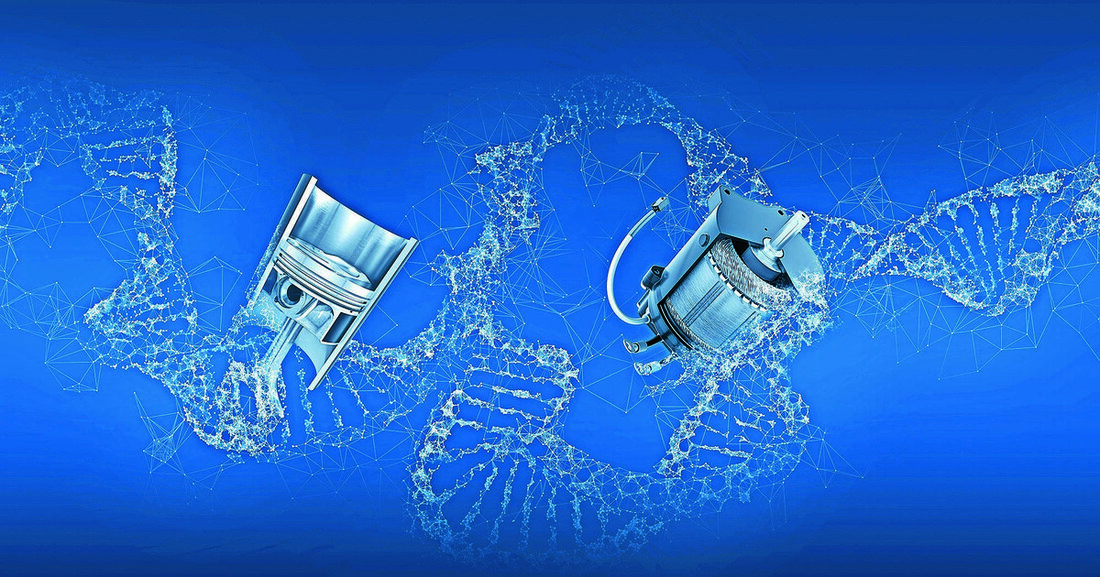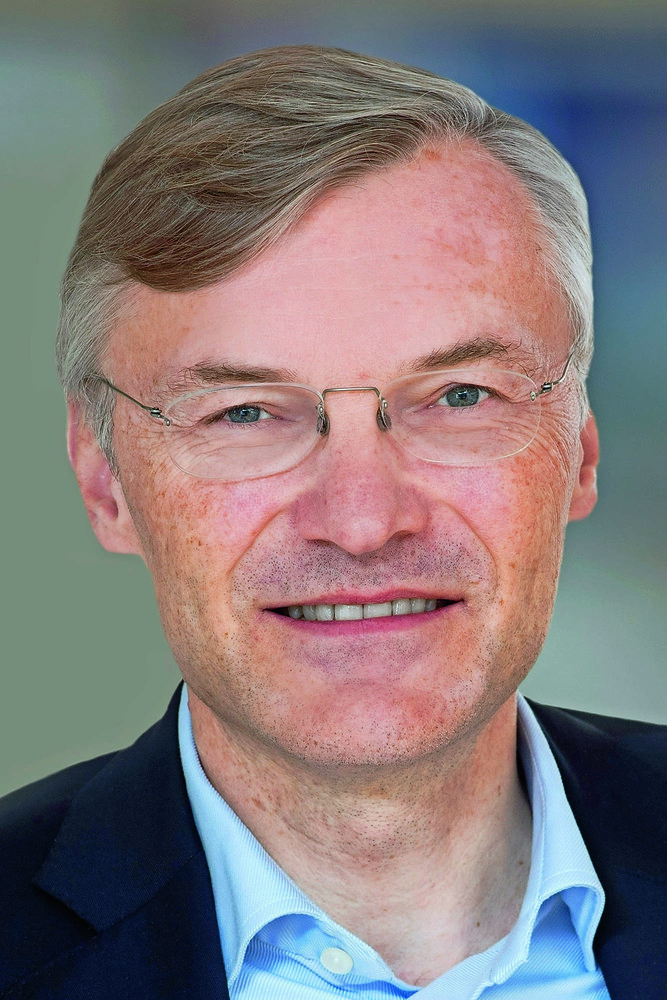Mahle: New product strategies
The AUTOMOBILE SUPPLIER Mahle takes a holistic approach to product development. The automotive industry was present at the strategy presentation in Stuttgart.

Mahle: New product strategies

Hybrid drive concepts are entering the market. A clear indication that the internal combustion engine will remain relevant, albeit combined, in the coming decades. Last but not least, certain premium manufacturers rely on intensive research to help the combustion engine become even more efficient. However, it cannot be denied that mobility must inevitably follow the climate-friendly path in order not to make people's ecological footprint even more ruinous. There is potential in vehicle technology, as the Swabian company Mahle demonstrated with an interesting product portfolio at this year's technical press conference in Stuttgart. Driving forward the key acceptance factors of e-mobility and exploiting the potential of the internal combustion engine forms the basis of the corporate strategy.
“If we want to achieve the 2 degree goal, then something has to happen with the combustion engine.”WOLF-HENNING SCHEIDER, CHAIRMAN OF THE GF AND CEO MAHLE
REACH THE GOAL WITH A DOUBLE STRATEGY
A well-known obstacle to seamless e-mobility is the immature network of fast charging stations and the problem of providing sufficient amounts of electricity to enable modern e-transport to gain momentum. “If we want to achieve the 2 degree goal, then something has to happen with the combustion engine,” emphasizes Wolf-Henning Scheider, Chairman of the Board and CEO. “Solving the climate goals cannot be achieved through e-mobility alone.” For Mahle itself, this results in a double strategy: “When it comes to the combustion engine, we are staying on the gas and continuing to invest in R&D, while at the same time we are moving forward with energy into e-mobility,” announces Scheider. According to the company, development costs were increased by 100 million euros (15 percent) in 2016. When it comes to combustion engines, Mahle continues to see a lucrative business, but the sales structure is constantly changing. “Today the share of sales for passenger car combustion engines is less than 50 percent in favor of other areas such as thermal management,” reveals Scheider. With the takeover of the Spanish subsidiary Nagares, which now operates as Mahle Electronics, the company portfolio increasingly also includes power and control electronics - a promoted business area of the supplier.
FIGHT AGAINST CO₂ EMISSIONS
Emission savings can be achieved through fine details such as reducing friction surfaces and preventing oil from entering the combustion chamber, explains Andreas Pfeifer, head of engine component development. It depends on an overall concept: this implies, for example, the nature and shape of the pistons or the possibility of using low-viscosity, low-viscosity oil through adapted components. The aim is to largely relieve the pressure on the oil circuit. “The problem with low-viscosity oils is that they are ground down more quickly and evaporate more easily at high temperatures,” explains the engineer, explaining the fine line between increased efficiency and the limit of what is possible. For this reason, Mahle seeks to work closely with oil and additive manufacturers to find the right compromise for “robust operation,” as they say. Since the end of 2016, Mahle has also been producing components for CO₂ air conditioning systems (R744) in series, for the first time for Daimler Benz. “As a by-product of the chemical industry, CO₂ does not need to be produced separately as a coolant,” emphasizes Markus Wawzyniak, senior engineer for the air conditioning division. However, a few changes need to be made to make the application safe: for example, installing a CO₂ sensor in the driver's cab. Mahle components for R744 are scheduled to be used in the Audi A8 this year.
author
Luke Klamert

 Suche
Suche
 Mein Konto
Mein Konto